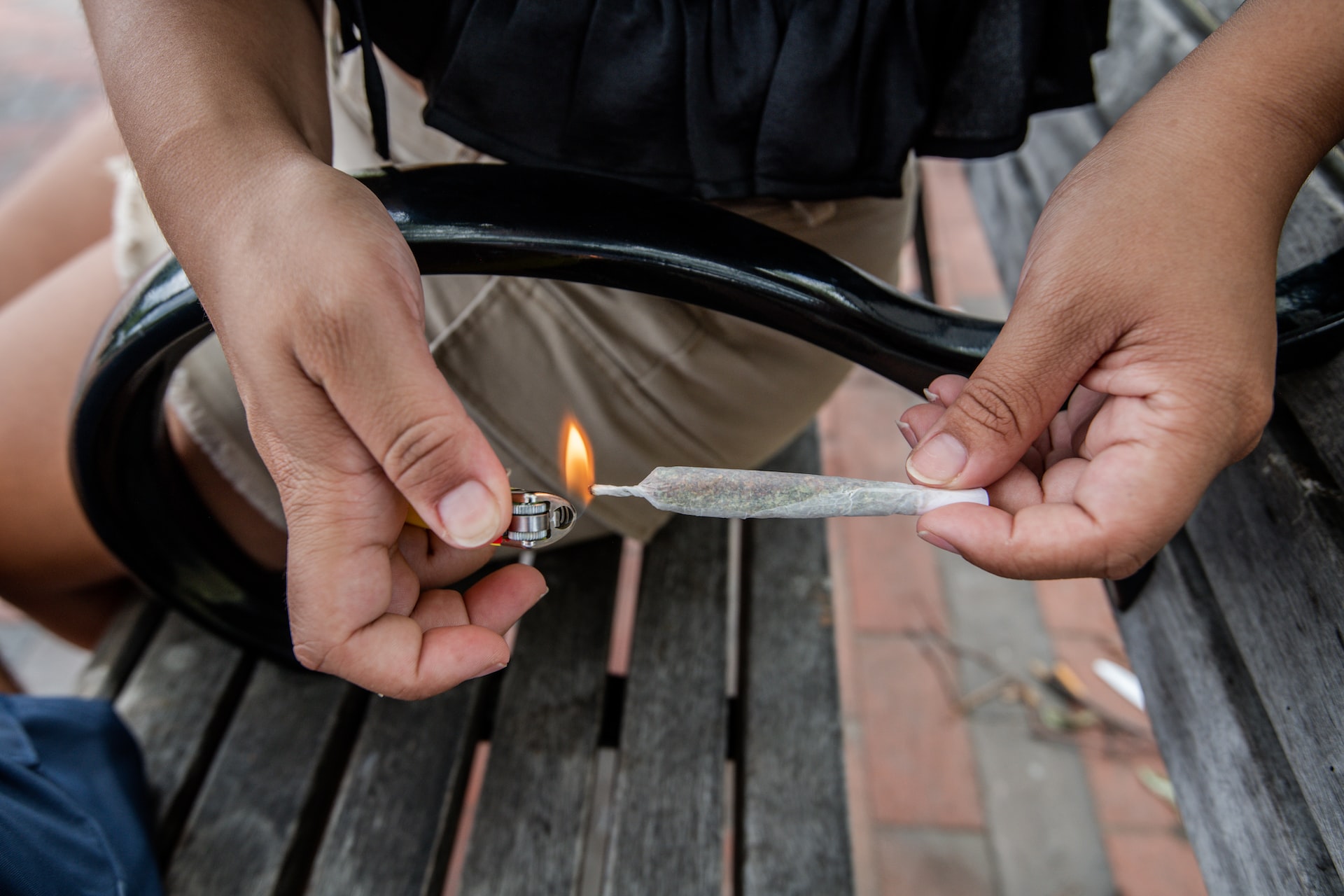Prescription of Cannabis By Doctors
What Is Considered A Cannabis Product
For a drug to be considered a cannabis-based product for medicinal use, the substance has to have the following properties; A preparation created from or a by-product of a cannabis resin, cannabis plant, cannabin oil, or cannabinol derivative when produced for medicinal consumption for humans is considered a cannabis-based product. After completing these requirements, the drug is regarded as a schedule 1 drug under regulations passed in 2001.
Prescription of Cannabis
After the legalization of marijuana, any licensed medical practitioner can prescribe a specific dosage of medical cannabis for a patient suffering from ailments such as anxiety, depression, insomnia, chronic cancer pains, etc. Although there is a lack of well-designed case studies to prove the potential curing abilities of cannabis beyond a doubt, it is still used for alleviating symptoms of many conditions. Under the current legalization of cannabis, any patient can be prescribed cannabis given that they meet the relevant criteria and if it is considered an appropriate treatment. Doctors can prescribe cannabis after close evaluation of other factors such as family history, medications, and therapies the patient might be undergoing.
Who Can Prescribe a Cannabis-based Medicine?
After contacting certain regulating authorities, doctors can prescribe the minimum dosage that can alleviate symptoms. It is eminent that with purely experimental and unregistered drugs, there are imminent risks that might be present. How marijuana reacts harmfully to existing conditions and other medication is not entirely understood. In states like Australia, doctors must prescribe cannabis or cannabis-based drugs under the regulation of organizations such as the Government’s Therapeutic Goods Administration or TGA and NSW health if prescribed to a child or a drug-dependent person. Such organizations do not charge the patient or the doctor to make an application for prescription authorization.
Resistance Against Cannabis Prescription
As a doctor, one of the foremost duties of the profession is to take ultimate care of your patient. To prescribe a patient a drug, doctors need the confidence of well-designed case studies and evidence that the drug has, beyond a doubt, potential benefits for the patient’s condition. These studies need to be conducted with top-of-the-line laboratories and in humans. A lack of such scientific evidence causes a feeling of distrust amongst the medical communities and faces a lot of hesitation against prescribing certain medications. Despite claims of marijuana being an herbal, benign product that cures and alleviates many symptoms of various conditions, like any other experimental medicine, it has undiscovered potential risks. These can be concerns about interacting with other drugs the patient might be taking, etc. It is widely understood that anecdotes do not equal scientific evidence. There are many restrictions against prescribing cannabis to patients, like some strong acne medication and Attention Deficit Hyperactivity Disorder, also known as ADHD and narcolepsy. These rules are also applied to prescribing cannabis to people with a history of drug dependency. Patients must disclose if they have a previous drug dependency or were prescribed psychoactive drugs prior in the past. Being transparent with such information can help prevent patient side effects and drug interactions.



